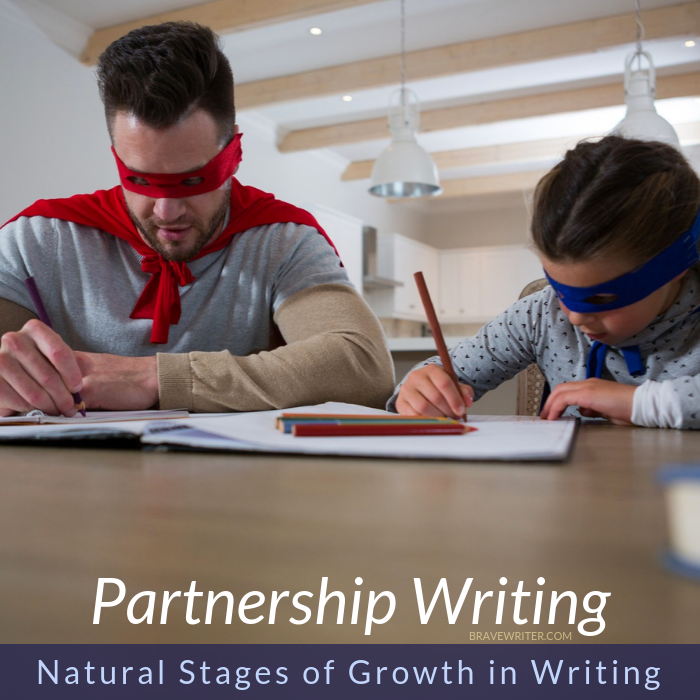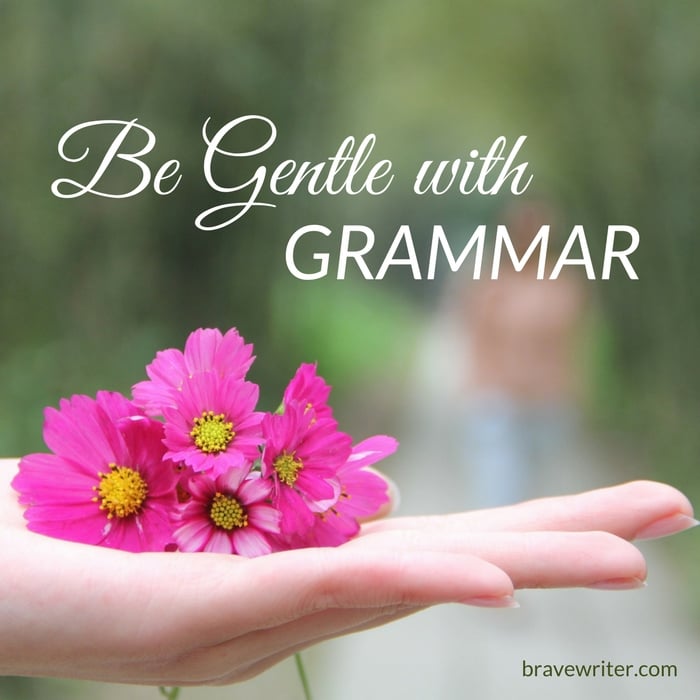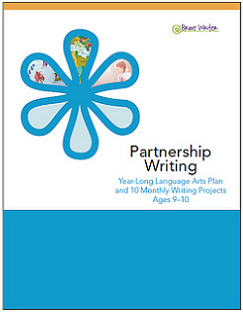Friday Freewrite: Make a list of all the things you can do during the summer each day. Pin it to the refrigerator and then read it when you get bored. Have your mom or dad help you purchase supplies so they will be on hand.
Archive for June, 2012
Friday Freewrite: Wishes
What would you do with three wishes?
Podcast: Partnership Writing

We press on! This week’s podcast is the second in the series where we look at each of the natural developmental stages of growth in writing.
This particular episode focuses on the most overlooked stage of development in the writing journey and accounts for the development of writer’s block and writing resistance in kids. If you successfully navigate the Partnership Writing phase, your kids will not be plagued with the “blank page, blank stare” syndrome. You’ll both know how to create writing and what role you each play in the process. Enjoy.
Julie
Partnership Writing
A year-long language arts program for 9–10 year olds (age range is approximate).
Partnership Writing gives you step by step instructions through developmentally appropriate writing projects. It provides 10 month-long writing projects that combine original writing and skills in mechanics.
Pair Partnership Writing with The Writer’s Jungle. The Writer’s Jungle teaches a parent how to coach a child to self-express their original thoughts in writing.
For a complete writing program, combine the two products above with The Arrow—for the mechanics of writing taught through copywork and dictation, using quality literature.
We’ve made it easy to purchase the whole bundle of these products (at a discount) here.
Ready for more?
Below are links to the complete Stages of Growth in Writing podcast series.
Jot It Down!
Partnership Writing
Building Confidence
Transition to Ownership Part 1
Transition to Ownership Part 2
Eavesdropping on the Great Conversation
Friday Freewrite
Friday Freewrite: Finish this sentence—If I boarded a sailboat in Miami… Go!
Be Gentle with Grammar

Today’s word advice: Don’t be the Grammar Patrol.
It’s so much more important to preserve relationships, to receive the intended communication rather than to enforce proper usage in texting, social media, freewrites, message boards, or any quick writing that does not rise to the level of some kind of permanence.
Yes, every day people write “your” and mean “you’re” or they write “here” when they meant “hear” or “loose” when they meant “lose.” I “would of come” is hard to read. I admit. But if I say it out loud, I know what it means.
The purpose of all writing and speaking is to convey
- information,
- ideas,
- feelings,
- thoughts.
When your child risks self-expression and fails to get the grammar right, you can be the one who focuses on the content rather than the grammar conventions. If the issue recurs, you can point it out in a gentle way days later:
“By the way, did you know that it’s ‘would have’ not ‘would of’? Funny how the way we speak has made it hard to hear the original grammatical structure.”

There’s nothing inherently superior about being “right” about grammar. It just means you have that area of information mastered and someone else doesn’t. So be kind. Please. No one likes to be corrected for the errant apostrophe in “it’s” or the mistaken “there.”
But all of us like to be heard.


















